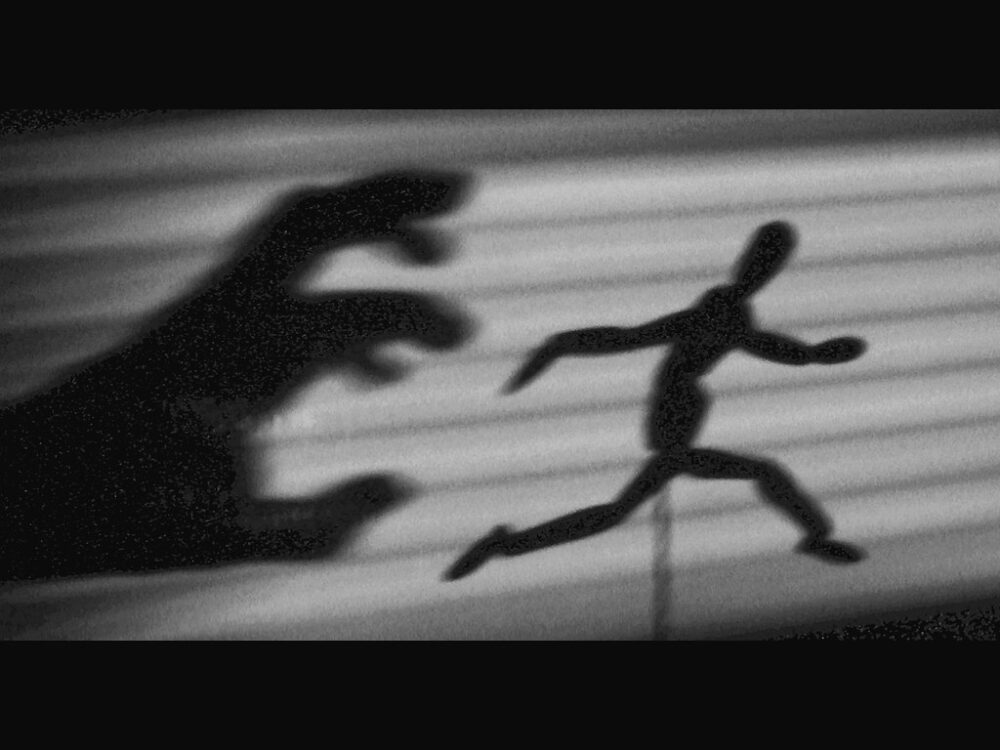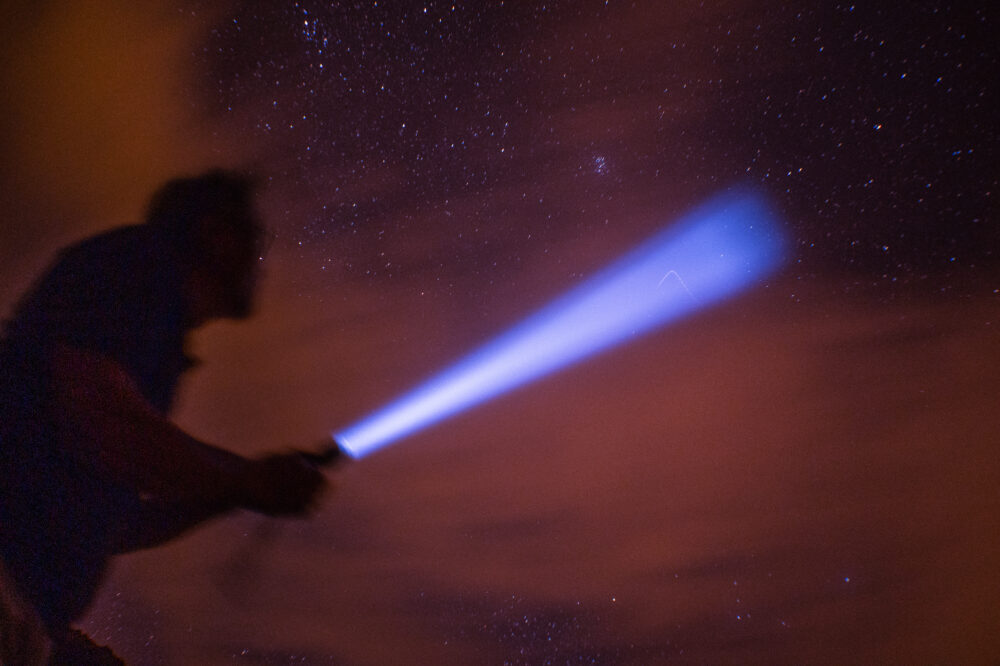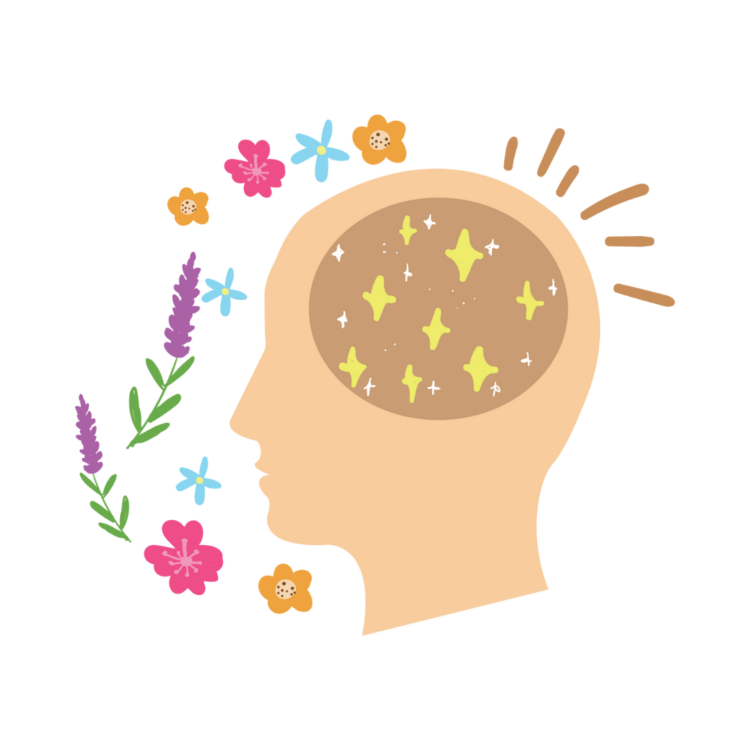Nepotism: Innate talent or inequity?
Lily-Rose Depp, Zoe Kravitz, Gracie Abrams. As the new generation of celebrities emerges, the public has noticed that some of these names outdate their holders. This familiarity stems from their lineage, specifically predecessors who have made significant contributions that have drawn external attention. The continuous emergence of these celebrities poses the question: “is fame genetic […]
Nepotism: Innate talent or inequity? Read More »








